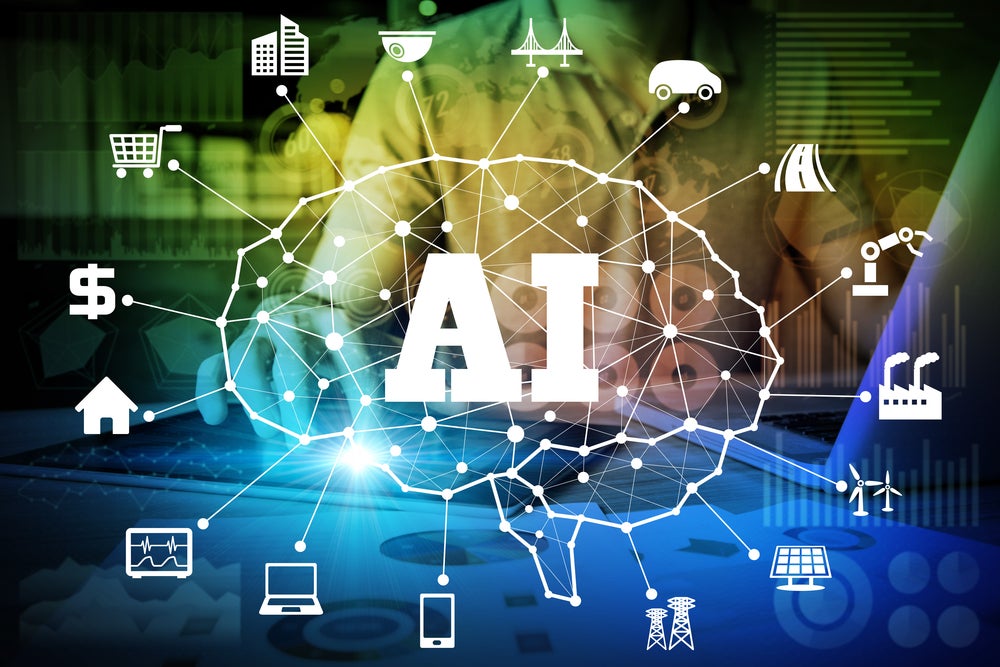
Professor Yann LeCun, known as one of the godfathers of artificial intelligence (AI), has called warnings of imminent human-level AI “preposterously ridiculous”.
LeCun, a top scientist for Meta, said AI would need years or perhaps even decades to advance to that level.
The French scientist is responsible for designing the architecture of Meta’s newly announced “human-like” AI tools.
LeCun, along with scientists Geoffrey Hinton and Yoshua Bengio, were hailed “the godfathers of AI” after winning the Turing Award for their work on deep neural networks, laying the foundation for today’s AI developments.
LeCun argued that computers reaching the same level of intellect on par with humans would happen far into the future.
He told the BBC “if you realise it’s not safe you just don’t build it”.
How well do you really know your competitors?
Access the most comprehensive Company Profiles on the market, powered by GlobalData. Save hours of research. Gain competitive edge.

Thank you!
Your download email will arrive shortly
Not ready to buy yet? Download a free sample
We are confident about the unique quality of our Company Profiles. However, we want you to make the most beneficial decision for your business, so we offer a free sample that you can download by submitting the below form
By GlobalData“Will AI take over the world? No, this is a projection of human nature on machines,” LeCun said, adding it would be a mistake to keep AI research “under lock and key.”
This is a different train of thought to many in the industry, including his fellow winners of the Turing award.
Hinton, British-Canadian cognitive psychologist and fellow “godfather of AI”, previously warned of the risks that AI chatbots could become more intelligent than humans. Constantly expanding AI technology could be exploited by those wishing to spread misinformation, Hinton warned.
Lecun doesn’t believe in these warnings, claiming that those sharing an opinion of threat could not conceive of how it could be made safe.
He pointed out that if somebody were to travel back to 1930 they wouldn’t be able to imagine how to make a turbo-jet safe but that AI, like turbo-jets, are able to become “incredibly reliable and safe.”
Continuing to back up his point to the BBC, the scientist claimed AI is more likely to become as powerful as the brain of a rat – sooner than a brain of a person.







